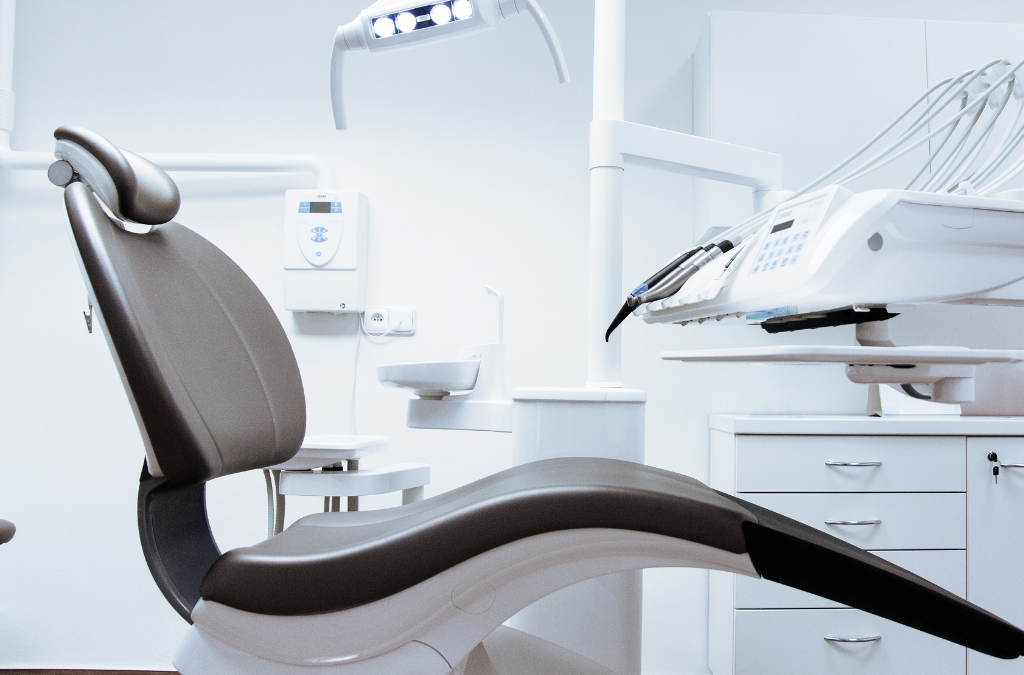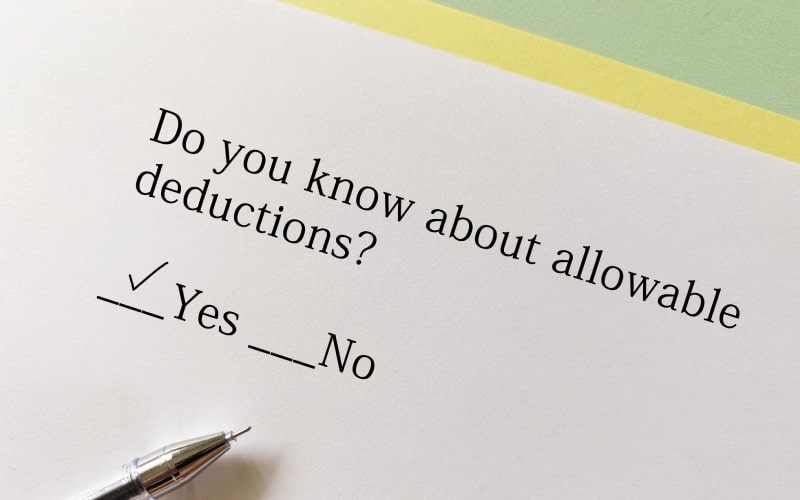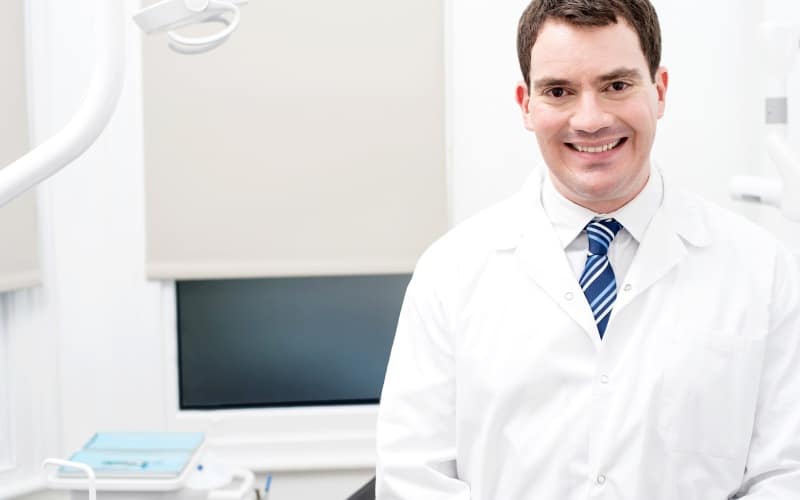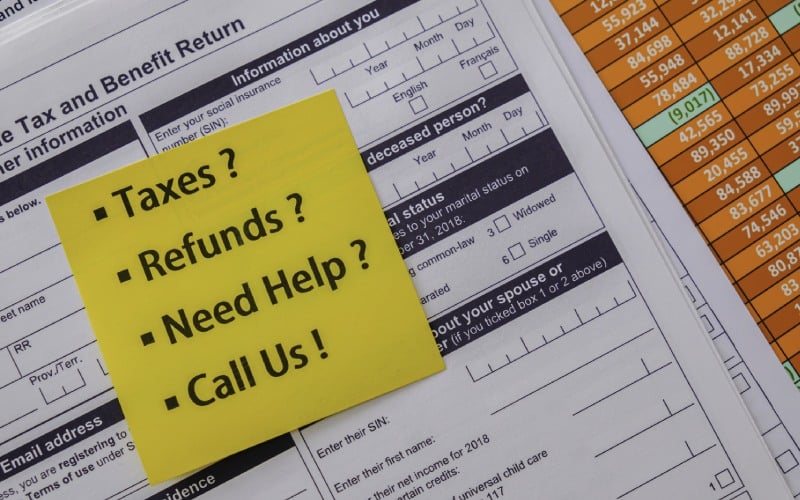Table of Contents
ToggleYour practice value is worth more than just numbers, it represents your life's work.

It’s more than just knowing what your practice is worth when you are ready to retire. The reason you should know your current practice value is to be prepared for planned and unexpected events that may occur at any time of your practice cycle/career. Your practice should always be in a maximum value position.
We cannot see into the future and you never know when a practice transition may occur. Here are just a few reasons to prepare” to always have practice in maximum value position :
* Unexpected/sudden illness
* Family needs to relocate
* Another business opportunity arises (clinical/non-clinical)
* Bringing in an associate
* Bringing in a partner
* Going through a divorce – asset determination
* Considering selling and staying on yourself as an associate
* Considering selling and retiring (“walking away”)
* Wanting to know which areas of the practice need to be worked on
* Curiosity! See what your practice may be worth with an appraisal
Transitioning Your Practice
Transitions can occur at any and all times during your dental career. Whether your practice is in early stages of growth, sudden and rapid growth occurs, or when you are nearing retirement stages. The unexpected can happen. Don’t assume your practice will sell at the “going rate”. Your practice may be worth much more.
Get your practice appraised regularly. A practice appraisal is worth the investment, especially if you are bringing on an associate or considering a partner. When hiring an associate, knowing what the practice is worth at “day one” when he/she starts, allows for a much better situation down the road if they want to buy or buy in.

What is Fair Market Value? (FMV)
The value of a practice that offers the maximum price for the owner but also provides the ability for the buyer to walk in and make a “living” from the first 12 months. Remember, almost every sale (currently) involves the buyer having to get financing from bank or some other source.
What are the most important factors in determining FMV?
First considerations: Begin by adding up a number of key practice factors (Examples: collections, location, profitability, active patients, hygiene department, equipment, lease, who is staying on)
Second: Examining cash flow and making adjustment to what the buyer will have using: (current) 12 month collections vs. previous 12 months.
Other considerations that should be factored in are:
* Reputation of practice in community
* “specialty” programs offered (i.e. sleep apnea, Invisalign™)
* Marketing/Social media presence
The value of a practice that offers the maximum price for the owner but also provides the ability for the buyer to walk in and make a “living” from the first 12 months. Remember, almost every sale (currently) involves the buyer having to get financing from bank or some other source.
What are the most important factors in determining FMV?
First considerations: Begin by adding up a number of key practice factors (Examples: collections, location, profitability, active patients, hygiene department, equipment, lease, who is staying on)
Second: Examining cash flow and making adjustment to what the buyer will have using: (current) 12 month collections vs. previous 12 months.
Other considerations that should be factored in are:
* Reputation of practice in community
* “specialty” programs offered (i.e. sleep apnea, Invisalign™)
* Marketing/Social media presence
Cash flow, cash flow, cash flow
Ultimately, it comes down to cash flow. Being able to show that, after determining the “points value”, there is enough “left” for a buyer to make a living in year one at that percentage. The “points value” is technically “translated in to a % of collections, the current profit is adjusted to include buyer’s expenses, including their financing costs and possibly paying the selling doctor to stay on as an associate.
Example: $1M practice – Look at current seller’s cash flow (profits) and then start making adjustments. Add or make adjustments based on what the buyer’s expenses will be.
Examples include:
* Adjust out the annual financing costs $(____ @ ____ years a “x” % interest
* Add increase in rent
* Add any increase in staff salary (do you need to add an assistant or hygienist?)
* Adjust out equipment lease amounts (which will be paid off at sale)
Now, with ZERO growth in first year of the new buyer, are there six figures left in “profit” to ensure there is little to no risk of defaulting on loan? If there is enough money there for the buyer to make a living, it is possible to increase practice value/price. If not, you have to decrease it until you see the appropriate new cash flow.
It is important to note that purchasing state of the art equipment within a short period of time before selling thinking that will increase value may backfire on you, especially if it hurts cash flow significantly due to monthly payments, and collections are down. Do this only if your equipment absolutely needs to be replaced (very old or not functioning well). However, implementing technology or software, that is modestly priced, can help you analyze your practice better, increase marketing results, and/or increase efficiency/collections, may be a good idea!
What your practice did 3 – 5 years ago literally means NOTHING! It’s what your practice can do for you now, in the future or for a new owner.
Focus on the following areas:
* Location – Is your practice in a prime location? If not, what can you do to increase the value of your practice without moving.
* Lease (if applicable). Is it 5 – 7 years? Are there options to renew or extend the lease. Is it assumable/assignable? Is it within market value?
* Space – How many equipped operatories do you have? Is there additional room needed to expand?
* Collections – It doesn’t matter how much you bill, it does matter how much you collect. How can you increase collections from previous 12 months.
* Profitability – What is your net profit after overhead expenses? How can you improve your profitability?
* Patients – Do you know the number of truly active patients that you have?
* Are you attracting your ideal patient to your practice?
* Are you actively working on getting consistent number of new patients monthly?
* Hygiene department – what can be done to increase productivity?
* Equipment – What is the general age and functionality of your capital equipment? Should you replace equipment before selling the practice? Keep equipment in solid condition
* Owner – If you are selling, are you planning on staying on as an associate? If you are buying, do you want the selling dentist to stay on as an associate? What are the advantages or disadvantages?
* Staff contracts – Have the current staff signed written employment agreements? Are there long-standing staff members? Are they staying with the practice?

Whether buying or selling a practice, it is important to determine whether or not the employees have written employment agreements. This reduces the liability of the future owner in the event that he/she may need to terminate a long-standing employee. The new owner would have to pay severance, but it would be limited to the minimum standards under the Employment Standards Act. Having written employment agreements can actually increase the value of your practice by limiting any future liability for the owner.
Consider getting your practice appraised now, or every few years and before any transition. It is well worth the investment. If you are considering selling your practice in the near future.
When you are ready to sell, you deserve to receive full value for your practice. It’s more than just numbers, it’s the investment of your time and your life’s work.
Article is provided by:
Sandie Baillargeon
Dental Office Consulting Services
- Reviewsand Raises - February 20, 2022
- How To Start Opening A Dental Practice In Canada - February 16, 2022
- How Can Dental Offices Increase Profit? - February 10, 2022





